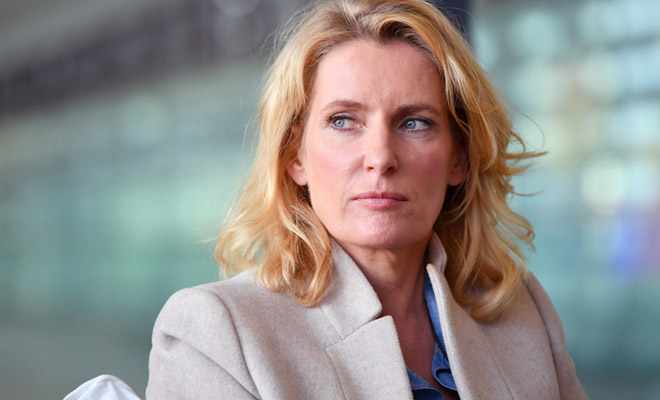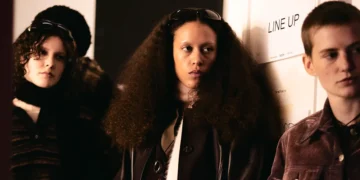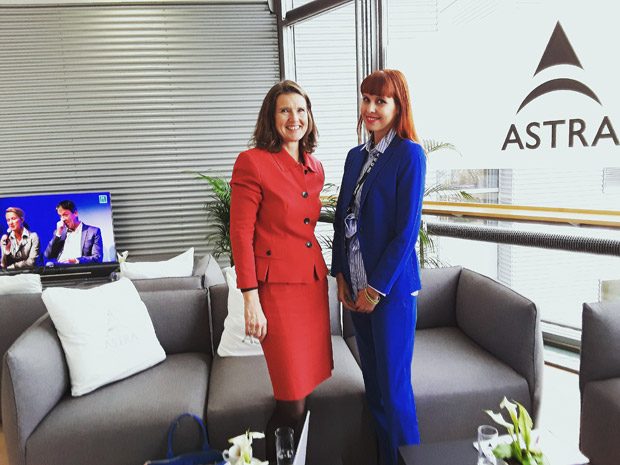
In between our busy days packed with various panels and discussions during the 31st edition of the Munich Media Days, we used the chance to catch up with three successful women that made it in the Media Industry. We picked especially those three as each one has a highly interesting story to tell. Thus, we thought to give you some insights on their success advices, but they also gave us some facts about the trust in todays’ news and media world. But first of all, let us briefly introduce the three ladies to you:
Dr. Alexandra Borchardt works as Director of Strategic Development at the Reuters Institute for the Study of Journalism (RISJ). On top of that she is an author and a renowned keynote speaker. Before that, she has worked for sundry established newspapers, for example as managing editor for one of Germanys’ biggest newspapers, the “Süddeutsche Zeitung“. As we heard, she is still a contributing editor for them. Absolutely astonishing!
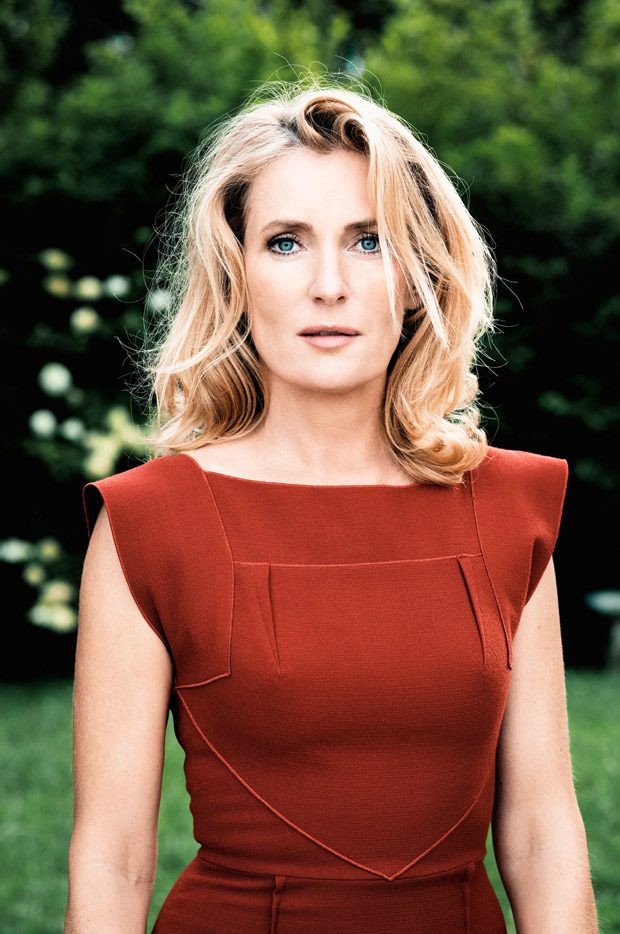
Dr. Maria Furtwängler
Dr. Maria Furtwängler is a very well known german actress. During her career, she has been awarded numerous times with prestigious prices. Worth of mentioning is the fact she is a graduated doctor. For her dedication for the organization “German Doctors”, she got the honour to receive “The Order of Merit of the Federal Republic of Germany“. Together with her daughter Elisabeth, she founded the “MALISA Stiftung“. This project focuses on a free, equal society. Furthermore it aims at ending the violence against girls and women worldwide. In Germany it stands for diversity and to overcome established role models. It also supports to end the very common presentations of women that are often depictured by the media.
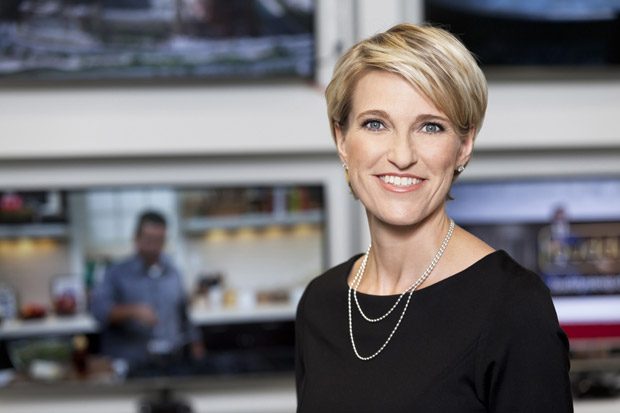
Susanne Aigner-Drews
Susanne Aigner- Drews is the boss in a mens’ world or, to say it more precisely, she is the Country Manager for Germany/ Austria and Switzerland of Discovery Communications Germany and the manageress of the TV channel DMAX that has mainly men as its target group. Needless to mention, we were curiously awaiting to hear her advices for female leaders and how she made her way up to the top.
Susanne Aigner- Drews: “Stay curious, be ambitious! Show presence and don’t be quiet.“
When we asked Susanne Aigner- Drews for her secret of success, she explained us various factors are relevant for that. First of all you should have a plan and a concrete goal, no matter whether you’re male or female. Plus she sees it as a key factor that your social environment believes in you and supports you. And, another aspect: Stay curious, be ambitious! Show presence and don’t be quiet.
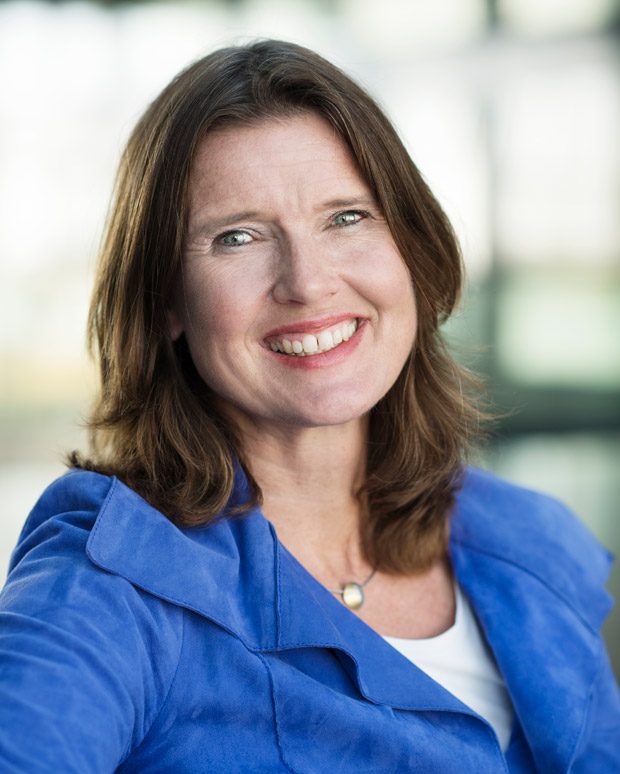
Dr. Alexandra Borchardt
Dr. Alexandra Borchardt: “Just do it and don’t always yield a new challenge to somebody else.“
Dr. Alexandra Borchardt gave our female readers a very helpful advice: Just do it and don’t always yield a new challenge to somebody else. She actually told us her husband advised her to follow that (who wouldn’t wish to have a husband like that?). What we learnt from that is simply to stay courageous, believe in yourself and now and then leave your comfort zone. Incredibly inspiring!
Dr. Maria Furtwängler, who teamed up with the University of Rostock for a study regarding audiovisual diversity stated us some results and we were literally surprised to hear that: the key findings of the study are: in German TV, women are definitely underrepresented. 67% of protagonists in films are male, whereas only 33% are female. The age gap seems to matter, which means women get less and less visible after having reached their ’30s. From middle 30 on, usually two men are shown next to one woman. After having reached their ’50s, one woman is presented next to three men. An equal cast sounds different, doesn’t it? Besides 70% of all education experts are, you may guess it right, men. So there is apparently a lack of female experts. Women are mainly shown in the content of relationship and partnership. Even in children’s television men are obviously more present than women. In Sweden, which can be seen as a positive example, things are going differently: the countries’ film subsidy suggests for every director also a directress.
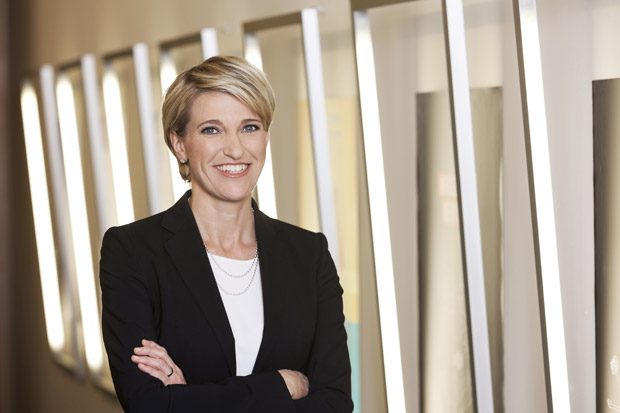
Susanne Aigner-Drews
Another highly interesting information Dr. Alexandra Borchardt told us, especially because of the social networks the trust in the media society changed and has to be restored. The problem in that field is that every information is equivalent, may it be from a private person or from a big media company. Globally only 40% trust establish media, which means 60% have lost the trust at this point and this is where we have to start to re- build the trust in the media industry again. Those insights are a result of the Digital News Report 2017 of the Reuters Institutes.
Picture Credit: MEDIENTAGE MÜNCHEN / Frank Bauer (Alexandra Borchardt Portrait) / Mathias Bothor (Maria Furtwängler Portrait)
Review by Sussan Zeck for D’SCENE Magazine
